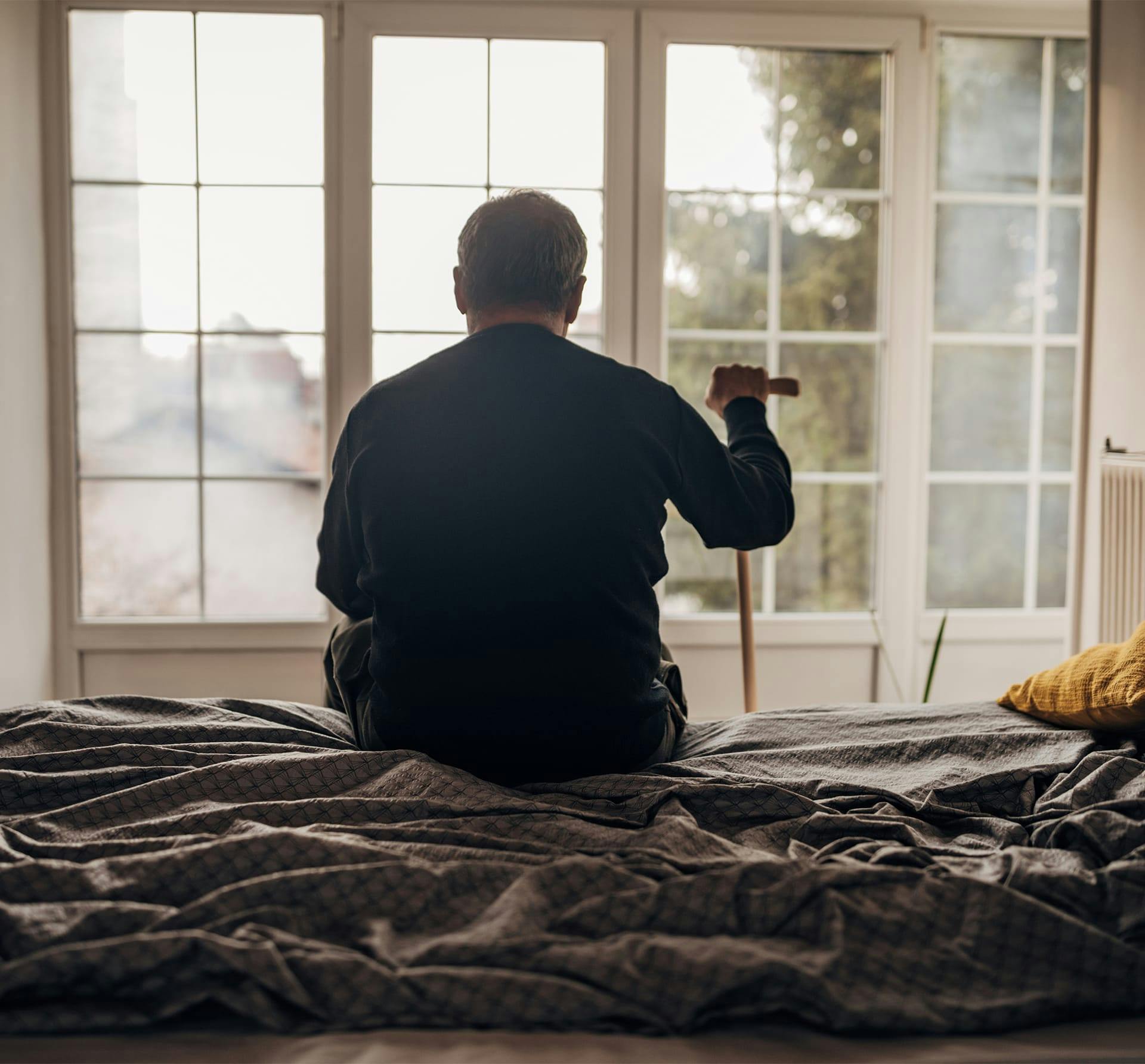You may have heard the words abuse and neglect used interchangeably regarding the mistreatment of elders. These words, however, have their own meanings, implying different forms of ill behavior.
Nursing home neglect often results from a lack of action when a caregiver fails to fulfill their obligations. While it can be categorized as active or passive, depending on the situation, it can result in serious harm to the individual. Passive neglect is unintentional and can result from an overwhelmed or undertrained caregiver. Active neglect is intentional disregard for a senior’s needs.
Many issues with Little Rock nursing homes revolve around not having the staff to give their residents the care they need. Residents may need medication or help with walking. Failing to have the staff administer medication or check on their residents puts residents at risk. A fall-risk resident may try to get up and go to the bathroom on their own and fall.
Unlike neglect, abuse is an intentional or deliberate act that results in serious harm or risk to a vulnerable adult. There are a number of types of abuse that you should be aware of if your loved one resides in a nursing home.





